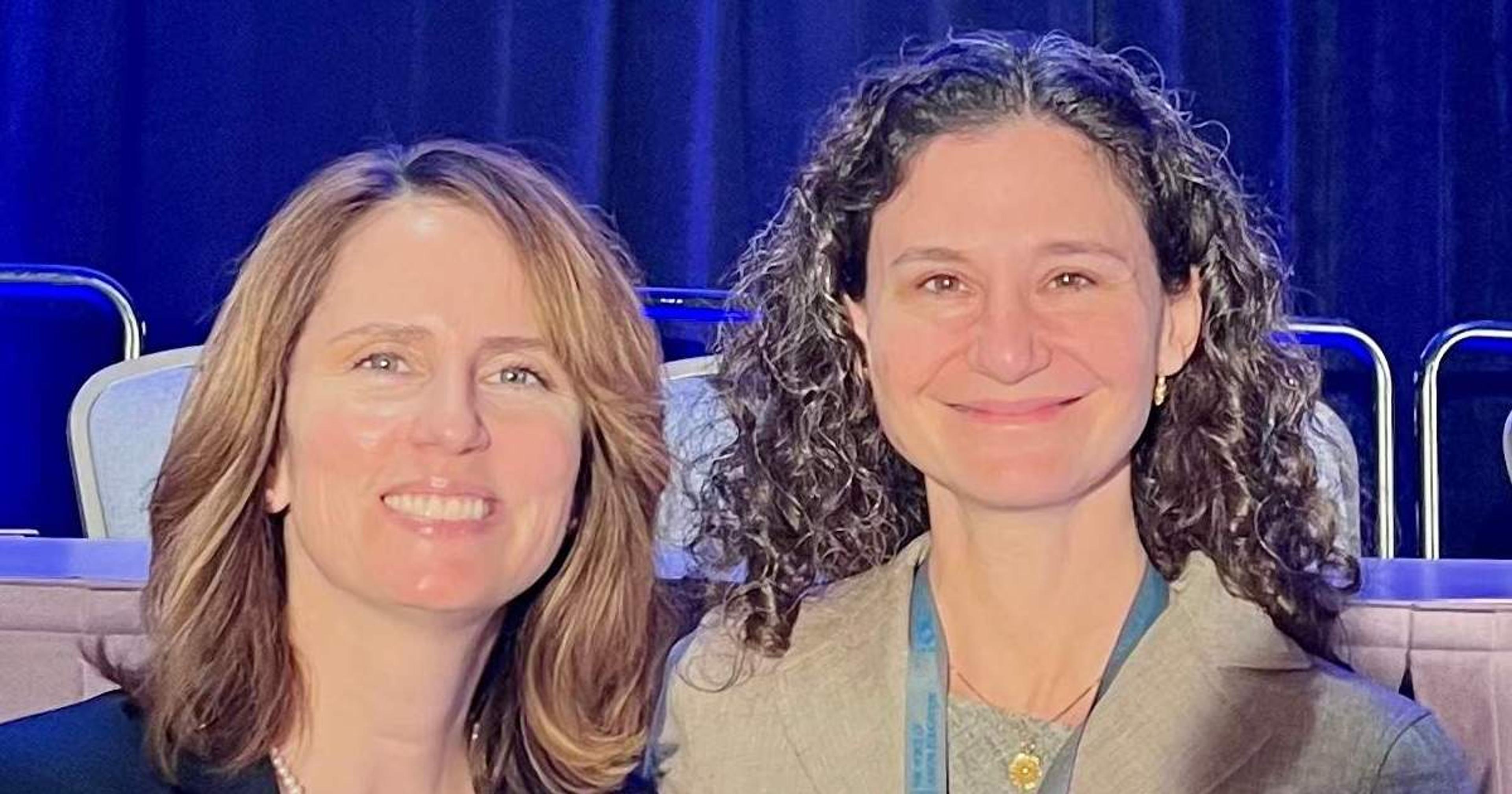Access and Education: How One Michigan County is working to Bridge the Dental Divide
Julie Bitely
| 4 min read

Looking into the mouths of some of his patients at Baxter Community Center, dentist Scott Van Timmeren sees firsthand the damage that can take place when oral health is neglected. The dental clinic at Baxter serves low-income, uninsured patients who might otherwise not receive dental care. Van Timmeren manages the clinic on a volunteer basis and also practices dentistry at his office in Wyoming. “We see a lot more emergency-type treatment,” Van Timmeren said of the patients who come to see him at Baxter. Findings from a new report released by the Kent County Oral Health Coalition show there’s much more work to be done to expand access to oral health care. The coalition was formed in 2011 with the mission to improve the oral health of all Kent County residents, particularly those with limited access. With only one dentist per every 1,490 people in the county, it can be difficult to find a dental home. To further complicate matters, not all dentists accept Medicaid patients, making it that much harder for lower income residents. In fact, adults with incomes below 100 percent of the federal poverty level are three times more likely to have untreated dental cavities than adults with incomes above 400 percent of the federal poverty level. The report findings also show that the high cost of care and a lack of education around oral health are key barriers to receiving care. Prioritizing medical care and basic household expenses over oral health care was a common theme that came out of focus groups conducted for the report. “If I only make $300 per week, taking $30 out of my check for oral health is not an option … and if I have to choose between oral health and health care – oral health loses,” said one focus group participant. There were some bright spots in the report, notably “the landscape of oral health coverage for children and young adults has improved.” The recent expansion of Healthy Kids Dental to Kent County’s Medicaid eligible children up to age 21 is a plus, with any child on Medicaid between the ages of zero and 21 now automatically enrolled in the program. “It is critical that dental care begin within six months after a baby’s first tooth appears in order to lay a foundation of success for our children,” said Edward Cox, M.D., Co-Chairperson of the Kent County Oral Health Coalition. “Unfortunately, the community survey revealed that almost half the parents either didn’t know or weren’t sure if their child was for eligible Healthy Kids Dental.” Another noted improvement was the opening of the county health department’s South Clinic, established in 2014. A partnership between the health department and My Community Dental Centers, the clinic provides medical services and dental services to Medicaid and low-income patients. The Blue Cross Blue Shield of Michigan Foundation contributed $25,000 to help fund services for uninsured clinic patients when the clinic first opened. Back at Baxter, Van Timmeren said volunteers are working to establish the clinic as a place where neighborhood residents can come for preventive care and education. Stressing the importance of routine oral health care can help patients avoid painful and expensive corrective measures. “By the time things hurt in your mouth, it’s too late,” he said. Rebeca Velazquez-Publes, director of programs at Health Net of West Michigan and a member of the coalition, hopes oral health will start to be viewed as just as important as overall health since it plays such a contributing role. “If you have an abscess that goes untreated, then you’re in the emergency department and then we have a bigger physical issue,” she said. Velazquez-Publes points to the need for more innovative approaches to expand access, such as the work being done at safety-net clinics such as Health Intervention Services and Baxter, which both combine dental care and medical care under one roof. “We see moves and trends like that happening, so I’m hopeful that there is a movement toward integration,” Velazquez-Publes said. Moving forward, the coalition and Health Net of West Michigan are working with the DentaQuest Foundation to increase the knowledge and understanding of health equity and oral health. They’ll also be collecting data about the state of oral health in Kent County and developing grassroots leaders from within the community to lead the charge. View the coalition’s full report here. If you liked this post, you might also enjoy:





